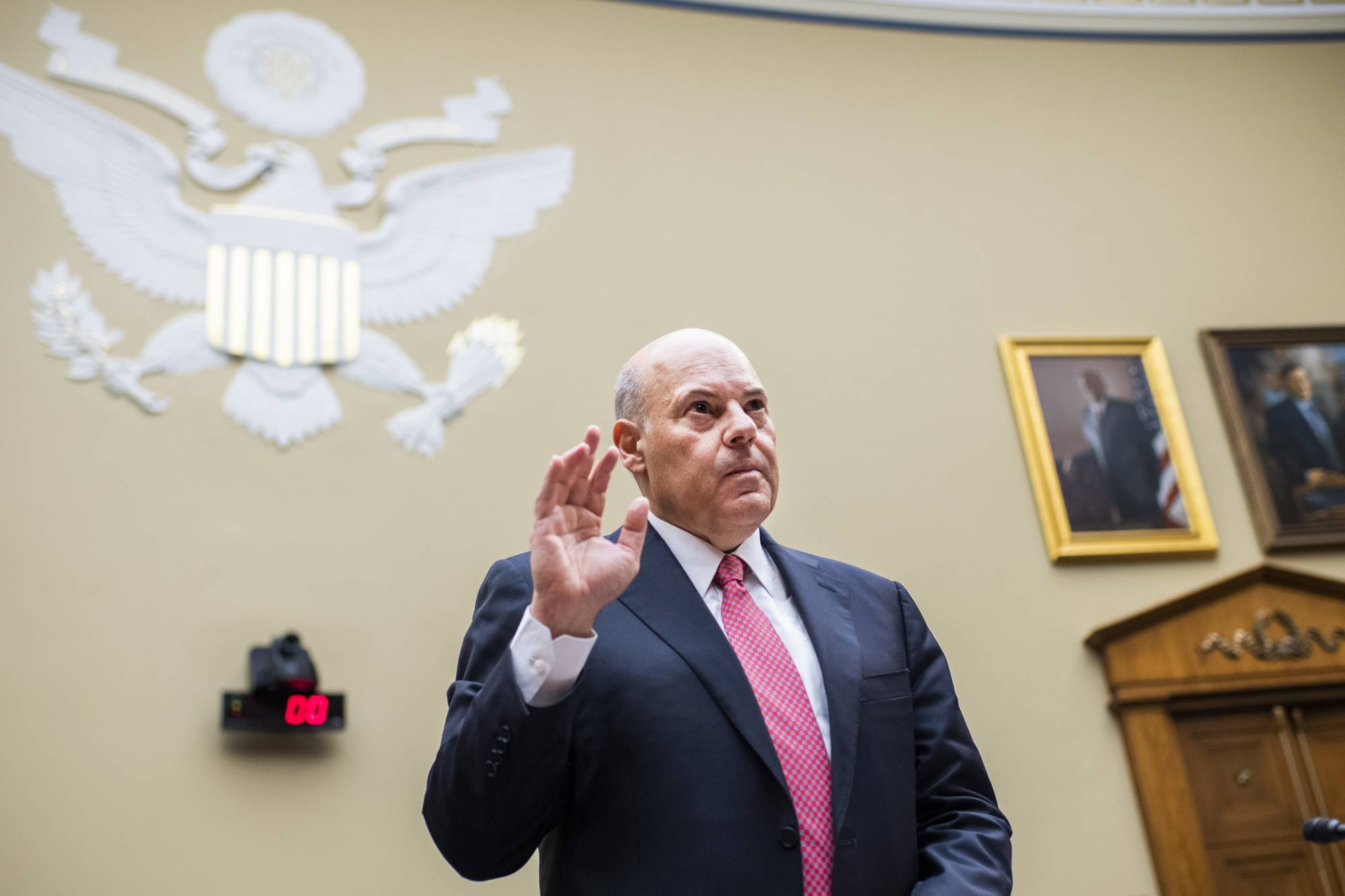Eurozone deficit down to lowest level since early 2008
Following years of budget restraint, particularly in Greece, government borrowing across the 19-country eurozone has fallen to its lowest level since before the...
LONDON (AP) — Following years of strict budget restraint, particularly in Greece, the level of government borrowing across the 19-country eurozone has fallen to its lowest level since before the most acute phase of the global financial crisis, official figures showed Tuesday.
According to statistics agency Eurostat, the eurozone’s deficit, which represents the difference between revenue and expenditure, was equivalent to 1.4 percent of the region’s annual gross domestic product in the fourth quarter of 2016, down from 1.6 percent in the previous quarter. The latest drop was largely due to lower expenditure by governments, according to Eurostat.
The fourth quarter rate is the lowest since the first quarter of 2008, when it was also 1.4 percent — prior-year figures have been adjusted to account for new members to the eurozone since then, such as Slovakia and Lithuania.
The reference back to 2008 represents a milestone for the eurozone as that was the year that the U.S. investment bank Lehman Brothers collapsed, which triggered the most acute phase of the global financial crisis.
In the eurozone, the global crisis and ensuing deep recession exposed the underlying financial problems of several countries, notably Greece, which led the eurozone deficit figure to rise as high as 7 percent in the third quarter of 2010. That’s way more than the 3 percent mandated under the rules governing the euro currency.
Most countries in the eurozone enacted a series of belt-tightening measures to get their public finances back into shape — some more than others.
Those at the forefront of the crisis that required financial bailouts from their peers — Greece, Ireland, Portugal, Cyprus — pushed through punishing austerity measures to get their deficits down to manageable rates and convince bond markets to lend them money again.
All but Greece are now able to borrow in the markets, though they continue to keep a close watch on their public finances. Greece, whose budget deficit in 2010 struck a high of 15 percent, has required three bailouts and is hoping to be able to be able to do without bailout funds soon following a massive improvement in its budget position over recent years — stripping out debt and interest payments, Greece posted a budget surplus of 3.9 percent in 2016.
Copyright © 2024 Federal News Network. All rights reserved. This website is not intended for users located within the European Economic Area.





